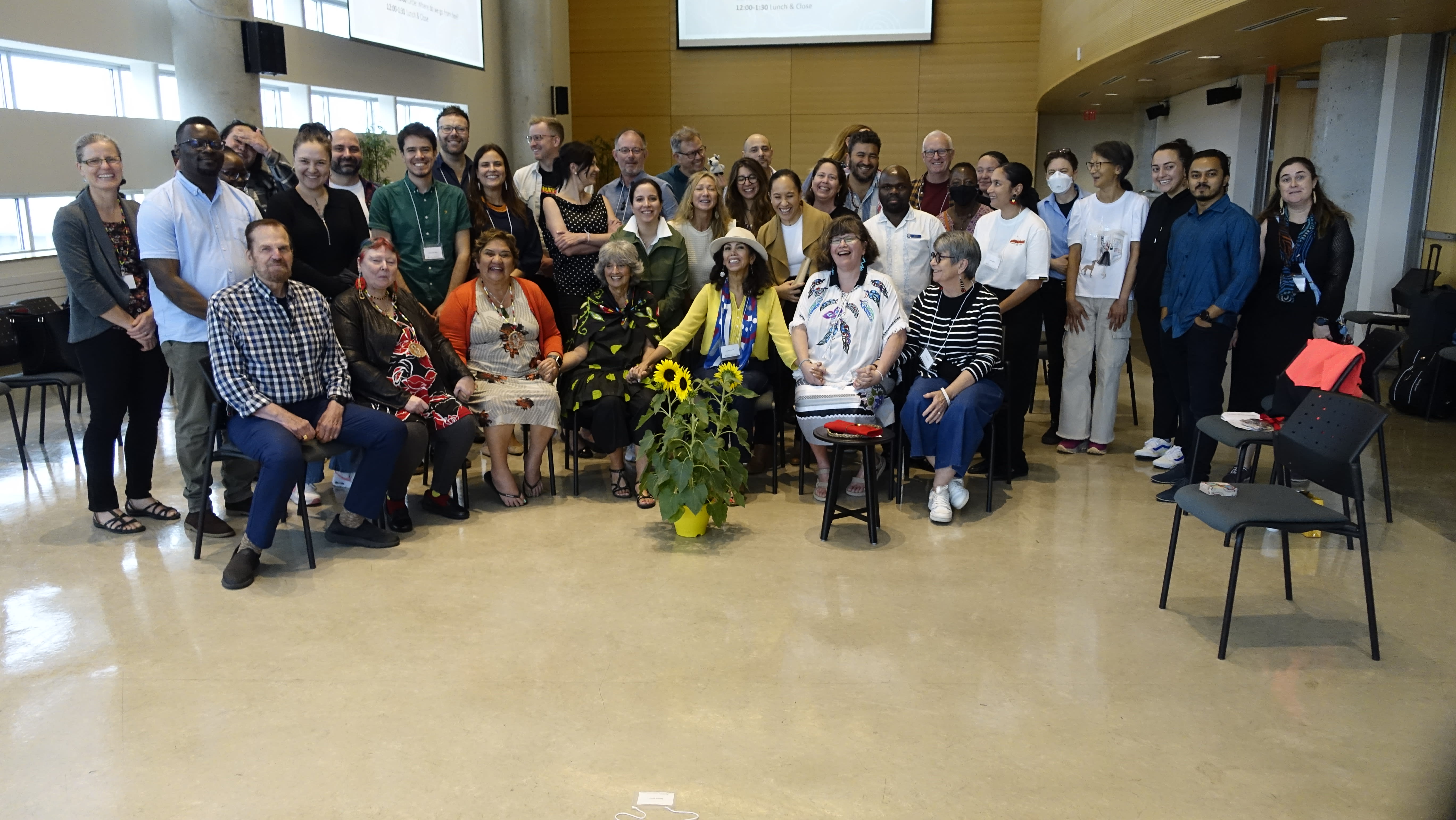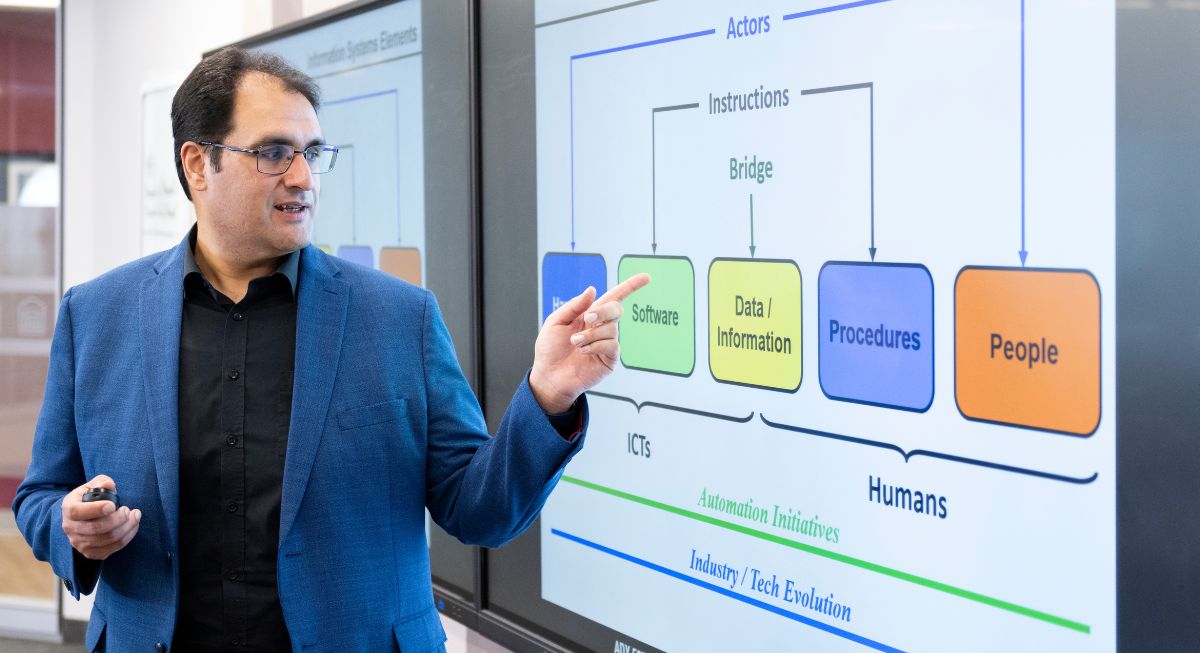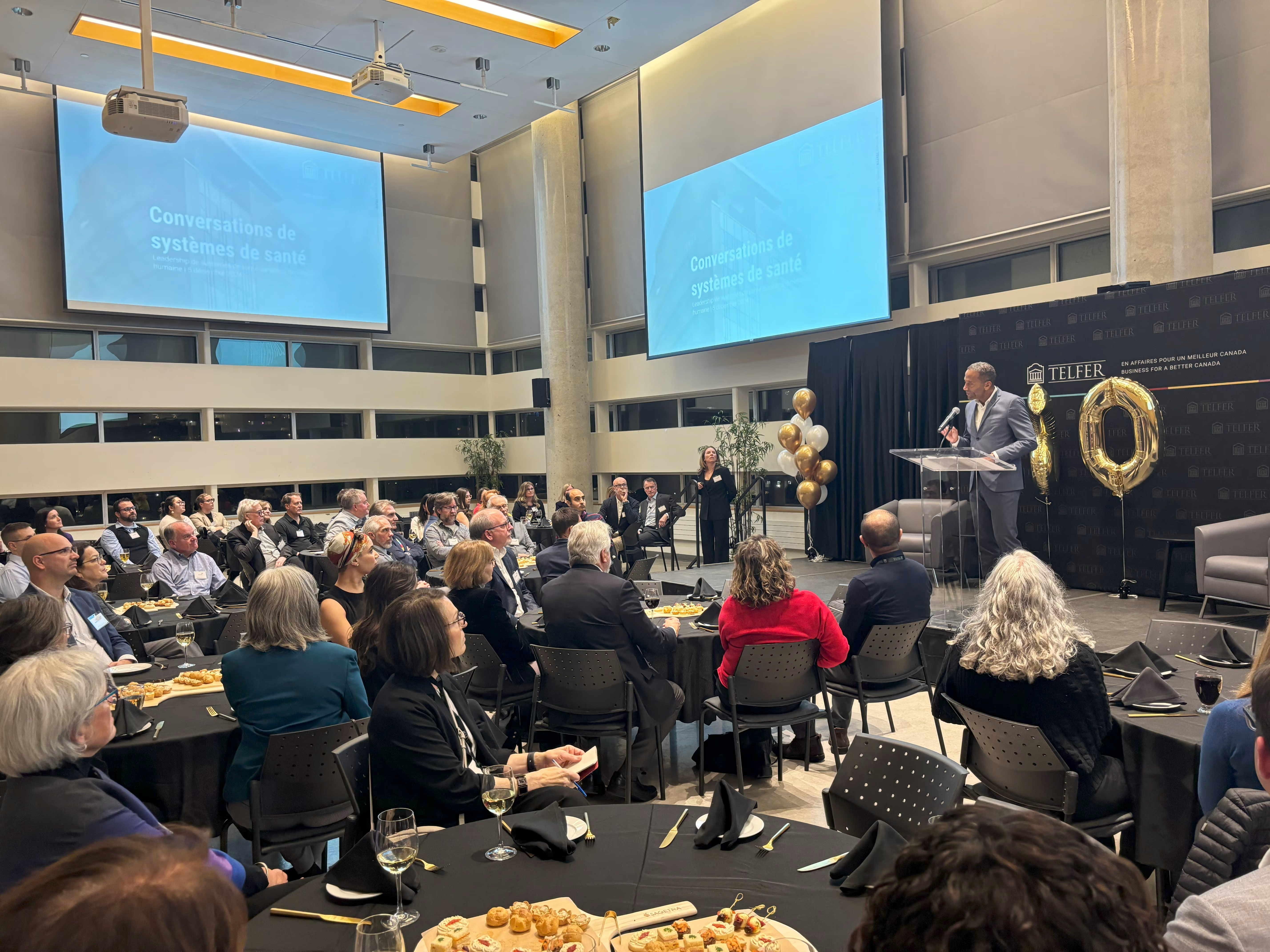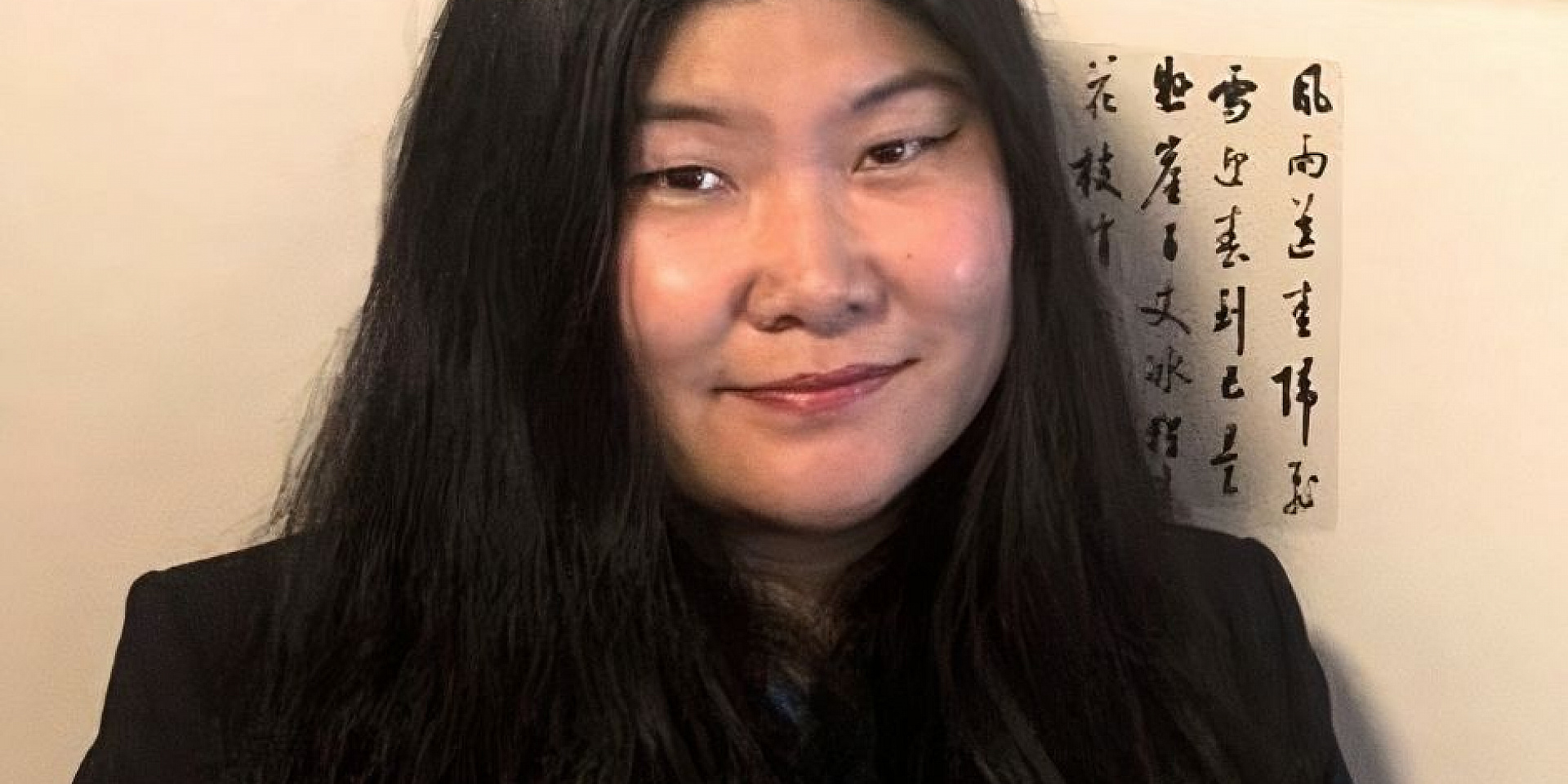A Telfer research project aims to provide new insight into toxic service interactions and service failure. Professor Ahmed Khalil Ben Ayed hopes to identify tools and frameworks to help managers and frontline service providers enhance service delivery and the customer experience.
Companies dedicate a significant amount of resources to delivering excellent customer service. Offering the best customer experience is seen as a marketing asset. However, many organizations fail to deliver a positive customer experience. Sometimes, the experience can even become toxic and lead to service failure. “Service encounter toxicity” is a term Ahmed Khalil Ben Ayed, an assistant professor at the Telfer School of Management,has coined to define particularly unpleasant interactions between customers and frontline service providers. It’s also the focus of his research.
Service experience as a social interaction
Many solutions to improve service quality are often based on a customer-centred approach: service needs to be improved to satisfy the customer. When analyzing service failure, researchers focus on the customer. We tend to forget that service delivery often involves interaction between two parties, customers and frontline service providers. Because of the interpersonal nature of this interaction, it can be complex.
Ben Ayed says, “To understand why some of these service interactions fail and why clients and service providers experience service encounter toxicity, we need to delve into the emotional, psychological and behavioural factors that are at play.”
The researcher believes that it’s important to examine these encounters from both a client and service provider point of view. We know a lot about how service failure affects customers, but how do such interactions affect service providers’ performance as well as their psychological and emotional wellbeing?
What will the research look at?
This novel study by Ben Ayed, “Service Encounter Toxicity: Gauging Service Failure from a Service Agent Perspective,” will tackle service failure from the perspective of service providers. Ben Ayed has been awarded a Telfer School of Management Research Grant (SMRG) to develop, test and validate an empirical measure of the toxicity of the interactions between consumers and service providers.
What will the research contribute?
This research aims to provide new tools to help managers evaluate and implement service policies, enhance service delivery, decrease service failure, and ultimately, improve the customer experience.
Ben Ayed’s work will shed light on the psychological, emotional and behavioural mechanisms underlying service failure: “Our study will identify the reasons and circumstances of inadequate performance on the part of service providers when faced with demanding service encounters,” he says.











